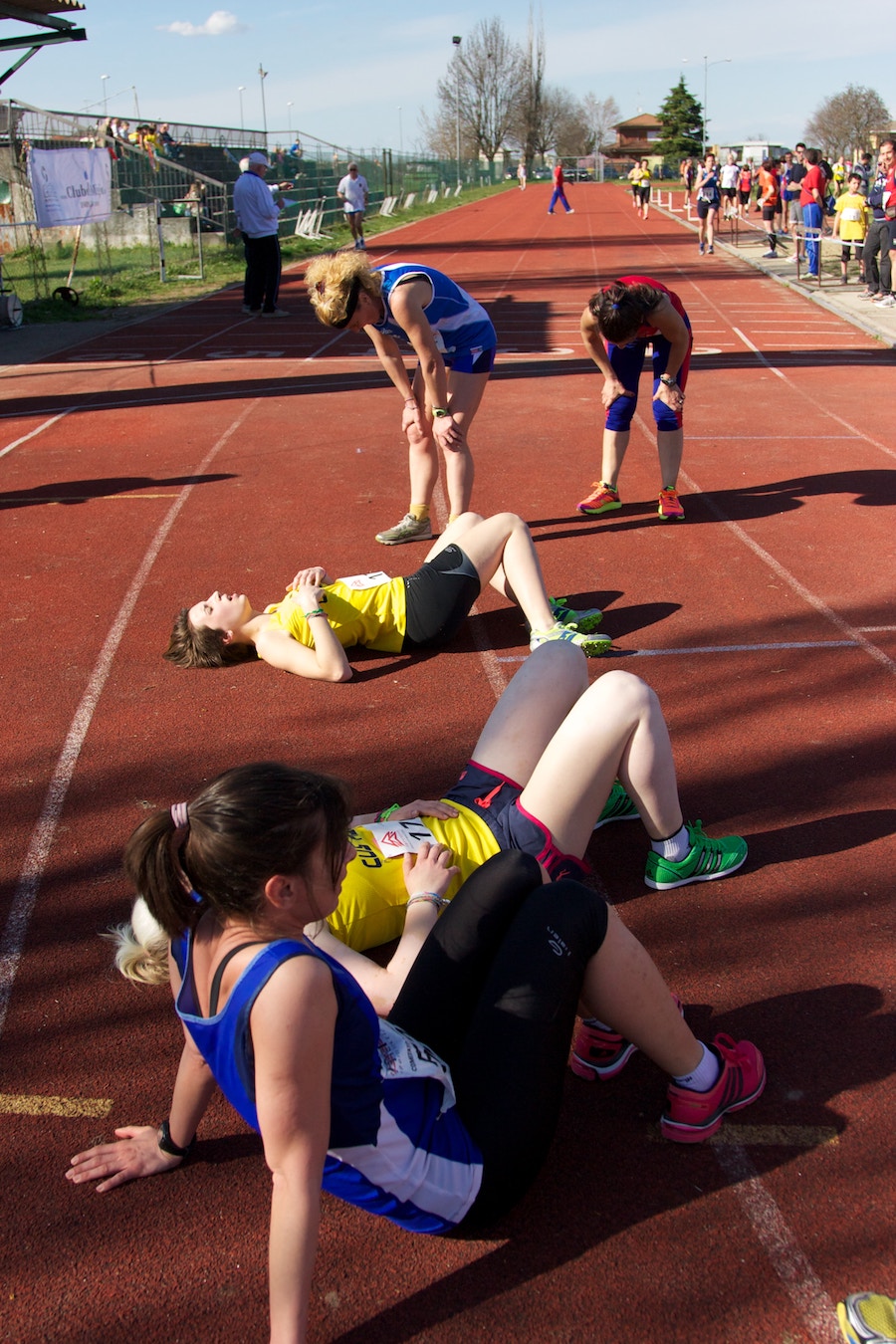Muscle fatigue happens at some point in every sporty person’s life. It basically comes down to extreme exhaustion of the body and a lack of strength in the muscles. It gets to that point where you simply can’t keep carrying out the activity you want to do.
It’s quite a common “condition”, but it’s difficult to completely get rid of it. It’s hard to fully cure because it can have multiple causes. However, it is, in fact, possible to try to prevent it from happening, as well as minimizing how much it affects you.

What causes muscle fatigue?
Although sometimes it might be caused by an illness, other times we could prevent it by changing bad habits, like an unhealthy diet in which we lack nutrients. It could also be the way that you train. It’s pretty normal to want fast results, but don’t rush it. Patience is key. If you over-train you will just get yourself muscle fatigue, and maybe even a serious injury.
Other aspects, like not sleeping enough, or not drinking enough water also contribute to the cause. During your hours of sleep, your muscle tissue regenerates. So if you don’t give it time, your muscles won’t fully regenerate. Water, in turn, helps nutrient transport. So if it doesn’t transport glycogen, you won’t feel energized.

How to prevent it
In order to prevent muscle fatigue, you should plan your training properly. Over-training won’t do you any good, meaning you should avoid it by planning an exercise routine, bearing in mind the correct intensity and time. And never forget to stretch.
A healthy, balanced diet
Your diet is also key. Make sure you include fundamental nutrients like vitamins, minerals, fatty acids, antioxidants and carbohydrates. They are your energy sources, especially these last ones. But don’t overdo it either. Nothing in excess is good.
Don’t wait to feel thirsty

Furthermore, you shouldn’t wait until you feel thirsty, which is what we usually do. That feeling means it’s already too late: you’re starting to be dehydrated. You should have drank sooner. Don’t leave your water intake for when you train. Make it a part of your routine. Once you get used to it, it’ll become normal.
Sleep enough
Getting enough rest is also essential. Sometimes, it happens you’re super busy and don’t have a minute for yourself. You still have to make sure you get enough sleeping hours. Sleep is essential for recovery and for general health. So go and get your 7-8 hours of sleep.
If in the end you still feel extremely tired, it might be time you visit a doctor. There are sometimes other underlaying problems we are not able to fix ourselves. Turn to your doctor and tell them exactly how you’re feeling. It might be nothing, but you never know. Better be safe than sorry.
Images: Unsplash
